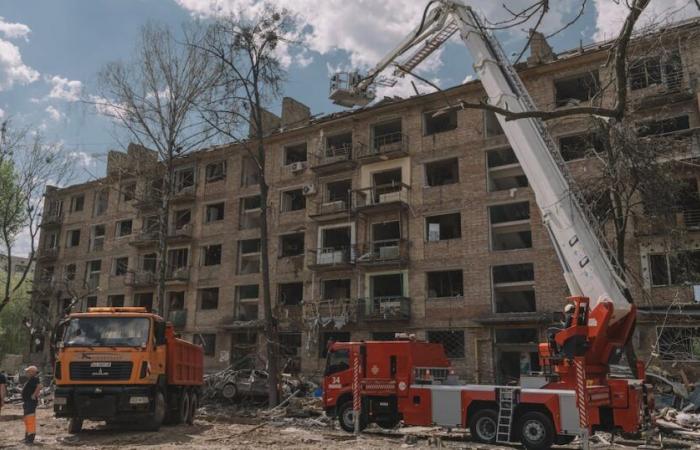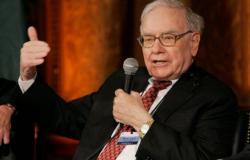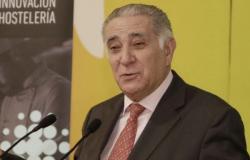American officials have prepared a set of options for President Donald Trump increase economic pressure on Russiaaccording to people familiar with the matter, while the president Vladimir Putin It takes attempts to end war in Ukraine.
People, who spoke on anonymity to talk about private deliberations, warned that Trump has not yet made a decisionsince diplomatic efforts are ongoing. They refused to detail the options on the table and said that any decision falls exclusively to the president.
Ukraine and its allies have urged the United States to increase pressure on Moscow, including higher energy exports and oil revenues, to force it to a high fire according to the terms proposed by Trump.
The United States and the European Union have already imposed a level of sanctions unprecedented to Moscow since its large -scale invasion in February 2022, but have failed to force Putin to stop fighting.
The US national Security Council and the State Department did not respond to requests for comments. A spokesman for Trump’s special envoy, Steve Witkoff, who met with Putin last week, did not respond either.
Deliberations on the next steps could be tarnished by the abrupt resignation of Trump’s national security advisor, Mike Waltz, and the appointment of the Interim Secretary of State Marco Rubio.
This could help optimize the American strategy with Rubio occupying both positions, since the strategy of the White House towards Ukraine has been promoted by the various ideas of senior officials, including Witkoff, who is perceived as more comprehensive with Russia’s positions.
Moscow has so far refused to accept the US demands of a high permanent fire, and Putin has maintained maximalist positions, including that of which Russia obtains control of four Ukrainian regions that it does not occupy completely.
Meanwhile, the Ukrainian president, Volodimir Zelenski, agreed to grant the United States control of some future income from resources to maintain Trump’s support and has supported the calls to an unconditional truce of at least 30 days.
What are the measures that EU would take against Russia?
Trump, who seeks to end war and initiate a broader restructuring of the economic relationship between the United States and Russia, has previously threatened with sanctioning Moscow if Putin It does not seriously participate in peace conversations.
Last week, in his social Truth account, after meeting with Zelenski, he wrote that “there is no reason for Putin to be throwing missiles against civil areas” and “makes me think that perhaps she does not want to stop war”, before suggesting that he could attack the Russian banking sector or impose the so -called secondary sanctions.
On the other hand, American senator Lindsey Graham, Trump’s ally, said at the beginning of this week that he has the commitment of 72 colleagues for a bill that would establish new “overwhelming” sanctions against Russia and tariffs to countries that buy their oil, gas and other key products if Putin does not establish serious conversations to stop the war.
These Punishes They would include a 500 percent tariff to imports from countries that buy oil, oil derived products, natural gas or Russian uranium, according to a draft of the bill.
As part of the proposals shared with its European allies last month, the United States would be willing to recognize the Russian control of Crimea, the Black Sea Peninsula that Putin attached to Ukraine in 2014. The agreement would also freeze the conflict largely along the existing battle lines, giving Russia an effective control of parts of the other four Ukrainian regions it occupies.
kyiv’s aspirations to bind to NATO would be discarded, the sanctions to Russia would eventually rise and Ukraine would receive security guarantees to ensure that any agreement is maintained.
The Trump administration also wants Moscow to return the Ukrainian nuclear power plant in Zaporizhia, the largest in Europe, which confiscated at the beginning of the war. The installation would then be under American control and supply of energy to both parties.
Russian Foreign Minister Sergei Lavrov ruled out that possibility in an interview with the program Face The Nation of CBS transmitted on Sunday and said: “I don’t think any change is conceived.”






